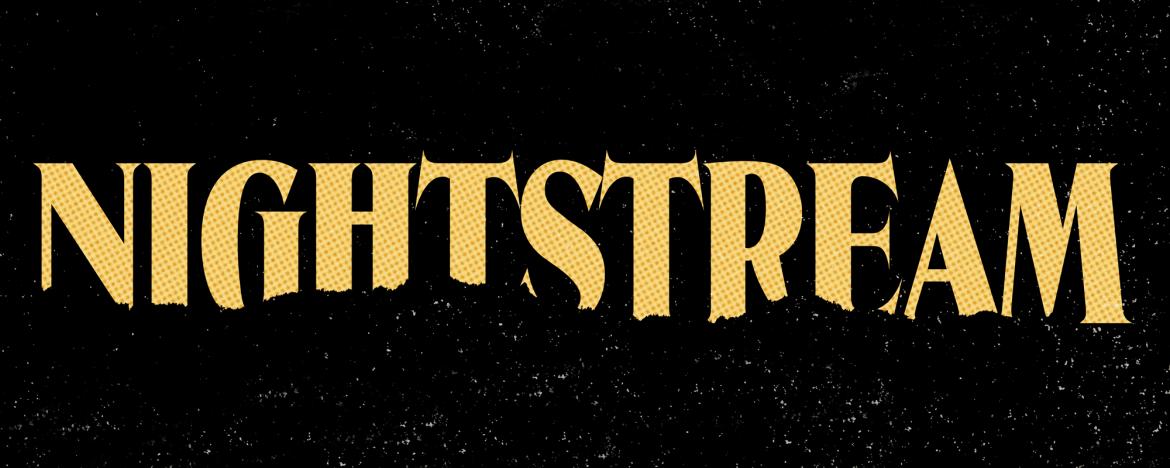
Shock Value: The Movie (Nightstream) (Movie Review)
Screened as a part of Nightstream. Check out their line up and find more information at the Nightstream website. Thank you to Nightstream and all the festivals involved for providing Bloody Good Horror access to their lineup.
The concept of the completist is nothing new to a culture with more media options at our fingertips than ever before. Arguably the “binge watch” is a form of content consumption that springs from this drive. However, the term can be used derisively as its definition includes an element of indiscriminate behaviour. There is no need to choose a film you will enjoy from an artist. Instead, it is the impulse to obsessively complete or collect every piece of their work.
Shock Value: The Movie - How Dan O’Bannon and Some USC Outsiders Helped Invent Modern Horror (2014) is a film presented by University of Southern California’s archivist Dino Everett & author Jason Zinoman. The film presents a collection of student films created by students at the USC film school throughout the 1960s-1970s with a mild flow through narrative created from another student short film, The Creeps Machine (Lawrence Stein, 1972). The only element that reminds you this was created post 1970 are the opening and closing credit sequences that have a generic metal score which seems to pervade the horror genre despite it being wildly incongruent with the films we are shown. Despite metal music being historically bathed in the vitriol of concerned parents, it is so bland here that you could score an episode of Hotel Transylvania: The Series and be none the wiser. Also, the font chosen was difficult to read -- but I have other nits to pick.
The film actually begins with no context with the short film Bath of Blood (1969/1976, 8m), by Dan O’Bannon which illustrated the point of the film very nicely. I was shocked. A man goes about his day, not enjoying the doldrums of life, then quite randomly cuts his wrists, then gets in a tub, describing the feeling as sexy before an arbitrary scene of a nude woman dancing, a hooded figure appearing, and the realization that it is too late for him as he dies in his bathtub. If I had pearls, they would have been clutched -- especially in 1969.
The other films include - The Demon (Charles Adair, 1970, 19m) A woman left alone in a desert home begins to feel she is being watched, Good Morning Dan (Dan O’Bannon, 1968, 19m), and Judson’s Release (aka Foster’s Release, Winkless and Lorimorimore, 1970, 15m),
Captain Voyeur (John Carpenter, 1969, 7m). While many will be excited by Judson's Release, which is a version of the urban legend that inspired Black Christmas (1974) and clearly inspired what would become Halloween (1978), the standout for me was The Demon. It features an intelligent woman of colour making all the right decisions in a horror film and it felt like an examination of gaslighting and the effect of distrust on society. It was a sparse film depicting the California desert as isolating and foreboding. While a ripoff of Night of the Living Dead (1968) from two years earlier, it delivers a different vibe and message.
The other general concern I have with the film is this: Have you read an essay you wrote in college? Just because the directors of these films went on to greatness does not mean that all of these are lost gems. Many feel like horny hetero excuses to film young female actors. They lack complex themes, dialogue, and editing that would mark their later films. However, if you like nudity and violence, your cup of blood overfloweth.
Overall, the film achieves its simple task as it presents a collection of short films from USC in which you can observe some of the shot structure, hallmarks, and germs of the next decades of horror. There are a few interesting facts thrown into the closing credits about how the films were made and maybe this may have resonated better as a documentary on the subject. While I appreciate having a place to see these previously unreleased short films, it may have been more pleasurable to watch the ones I wanted to see individually. You don’t have to be a completist to enjoy Shock Value: The Movie -- but it helps.
Screened as part of the 2020 Nightstream Virtual Film Festival.

